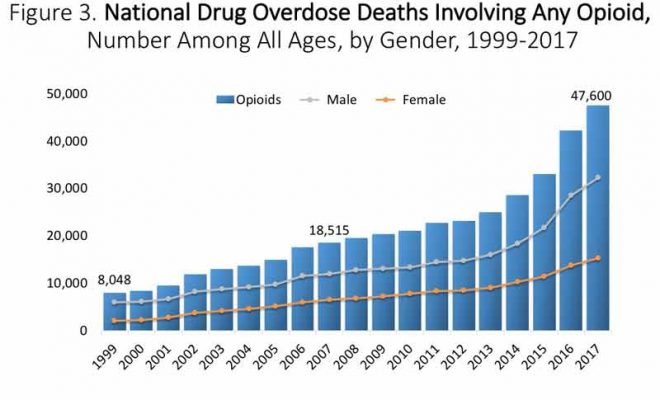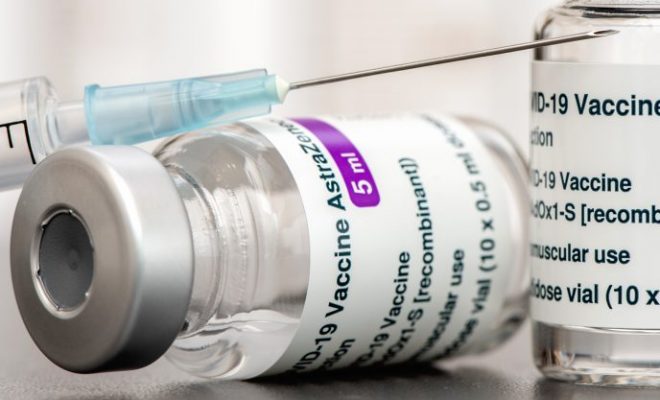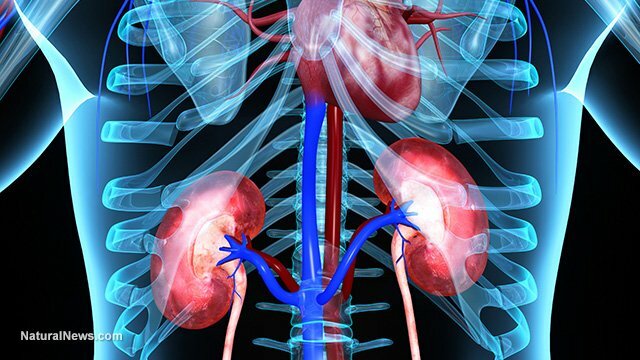Can Bacteria Cause Anorexia?

The eating disorder anorexia nervosa (commonly called “anorexia”), may be caused in part by a bacterial infection that triggers a faulty response from the immune system. That cutting edge theory is presented in the journal Medical Hypotheses, by researchers from Lancaster University and University Hospitals of Morecambe Bay.
“Psychological factors might be important, but are unconvincing as the primary or major cause,” the researchers write.
“There might, for instance, be an increased incidence of physical and sexual abuse in childhood in those who go on to manifest functional disorders. It is easy to see how this could influence symptoms in adults but it stretches credulity to imagine abuse as the sole and sufficient cause of the functional disorder.”
Immune system attacks brain?
Five to 10 percent of the population in Western countries suffers from some form of eating disorder, including anorexia, bulimia and binge eating. Eating disorders in general, and anorexia in particular, have the highest death toll of any mental illness.
In the new article, the researchers note that recent research has implicated autoimmune dysfunction as a potential cause of not just anorexia, but also irritable bowel system (IBS) and chronic fatigue syndrome (CFS). All three conditions may originate when the immune system attacks a bacterial infection, but then becomes misdirected.
“Auto-antibodies acting on the brain’s limbic system could induce extremes of emotion including disgust and fear,” said Dr. Quenton Wessels, of Lancaster University. “These then become linked, in the minds of adolescent girls, to culturally determined ideas of what is, and what is not, the ideal body shape and size.”
The researchers note that women are significantly more likely to experience autoimmune diseases, anorexia, IBS and CFS than men are.
Gut bacteria may play key role
Numerous studies have supported the hypothesized connection. For example, autoimmune dysfunction has been strongly linked with obsessive compulsive disorder (OCD), and some cases of OCD respond well to immune-based therapies. Because anorexia shares many key features with OCD, including obsessive thoughts and compulsive behaviors (such as exercise or dieting), the two may share similar mechanisms. Indeed, clinical observations have suggested that some cases of anorexia may indeed be triggered or worsened by an autoimmune dysfunction following a childhood strep infection, similar to the pattern seen with some OCD cases.
A 2014 study in Translational Psychiatry found that certain gut bacteria, including E. coli, produce a protein (ClpB) that is structurally very similar to the main hormone that produces a feeling of fullness (satiety). Researchers found that the immune response to this protein seemed to artificially suppress or inflate feelings of hunger. In mice, antibodies to ClpB seemed to be associated with changes in hunger. A further analysis of 60 human eating disorder patients found that levels of ClpB antibodies were higher in people with more severe symptoms, and that the antibody response to ClpB successfully predicted tendencies toward either anorexia or bulimia.
More recently, a study in Psychosomatic Medicine showed that people with anorexia have different compositions of gut flora than healthy people, and that this imbalance seems to be associated with some of their symptoms.
“We’re not able to say a gut bacterial imbalance causes the symptoms of anorexia nervosa,” senior author Ian Carroll said.
“But the severe limitation of nutritional intake at the center of anorexia nervosa could change the composition of the gut microbial community. These changes could contribute to the anxiety, depression, and further weight loss of people with the disorder. It’s a vicious cycle … .”
Even as evidence grows of a biological component to eating disorders, most experts believe that the social, psychological and cultural component remains important, as well. Indeed, eating disorders are a notoriously “Western” form of mental illness, and have been shown to be “exported” along with other Western ideas and norms.
Sources for this article include:
DailyMail.co.uk
Telegraph.co.uk
ScienceDaily.com
EatingDisordersReview.com
Med.UNC.edu
NaturalNews.com
Science.NaturalNews.com








